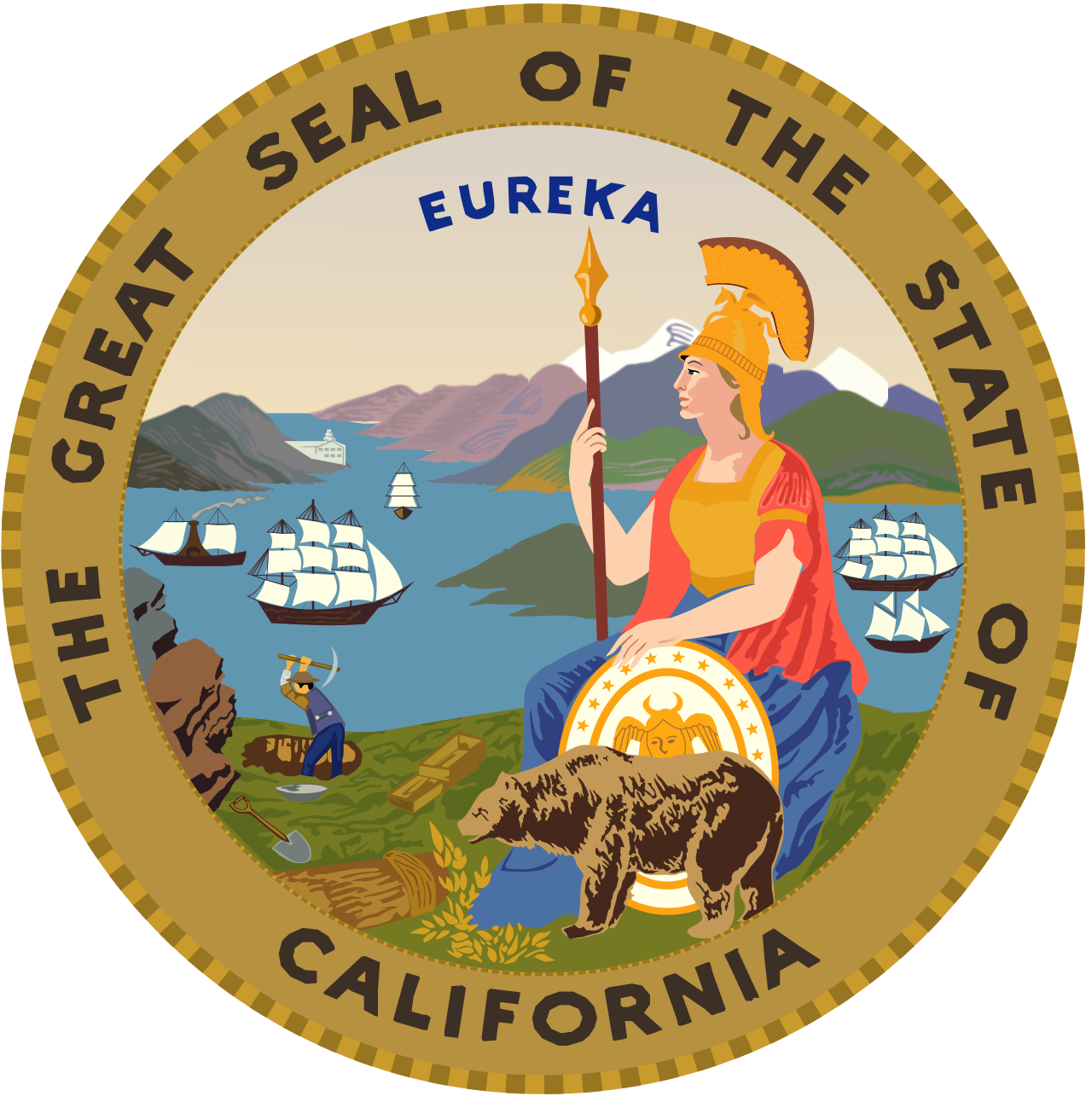

I called them unattractive. You called that a flaw. Maybe it is. Like it or not, people prefer attractive characters in PvP hero shooters. See the outrageous success of Marvel Rivals which launched just three months after Concord. You seem to be taking this very personally. If you’re more attracted to fat, lumpy, and sexually ambiguous people, more power to you. You just don’t represent the vast majority of people who play these games.





Queer people don’t have to be ugly and fat. What an insane take. It’s not “queerphobic” to be unattracted to people. It is homophobic (and queerphobic) to tell people what they’re allowed to be attracted to.